Guo Wenjing, whose English name is Demi Guo, is often called “other people’s child” or “genius girl” by many Chinese parents. She is currently one of the most notable young faces in the technology world in China, the US and internationally.
Born in eastern China and now living in Silicon Valley, Guo is the co-founder of Pika, a startup that has raised $135 million at a $470 million valuation.
Guo is admired not only for her beauty and talent but also for her impressive background.
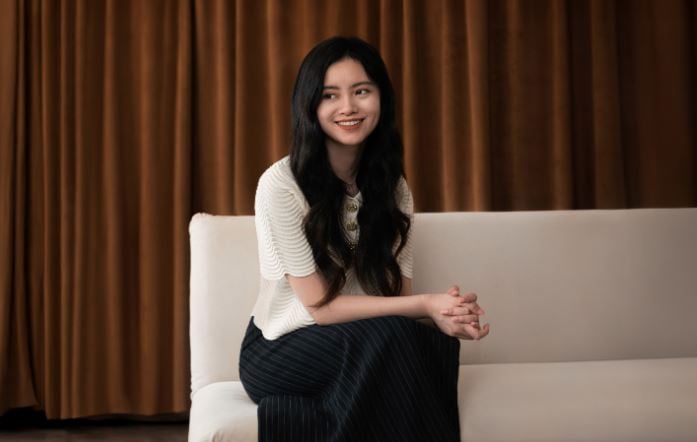
The learning journey of "other people's children"
Demi Guo was born in Hangzhou, Zhejiang province. In the eyes of many Chinese parents, she is the “perfect model” thanks to her almost flawless academic record.
In 2015, Guo won a silver medal at the International Olympiad in Informatics (IOI). She then enrolled at Harvard University, where she earned a BA in Mathematics and a MA in Computer Science . During her studies, Guo interned at major technology corporations such as Microsoft and Google.
After Harvard, Guo went on to pursue a PhD in Computer Science at Stanford, focusing on natural language processing (NLP) and computer graphics.
“When I was young, I loved writing and won many awards, but I was not good at math. I thought writing was not cool enough, so I decided to try programming and math – a field that is dominated by men,” Guo told SCMP .
“Harvard, MIT or Stanford is not the most important thing. What matters is how you grow up,” she said.
Guo's mother graduated from MIT, and her father, Guo Huaqiang, is the former chairman of Sunyard Technology, an IT services company in Hangzhou.
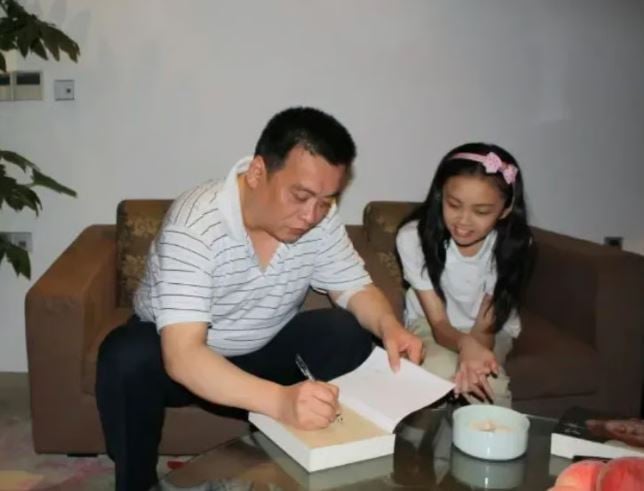
Turning point of starting a business with Pika
The idea for Pika came to Guo after she and a group of Stanford PhD students attended the 2022 AI Film Festival in New York. Although they didn’t win, they realized that AI video creation tools at the time were limited and decided to develop a better platform.
In April 2023, Guo and his classmate Chenlin Meng officially dropped out of their PhD studies at Stanford to found Pika, with the goal of creating an easy-to-use AI video making tool for everyone.
“When you compare AI videos from a year ago to today, the pace of progress is really dizzying,” Guo shared.
Since its launch, Pika has grown rapidly, successfully raising $135 million and reaching a valuation of $470 million. Notably, after Pika version 1.0 was launched, the stock of Sunyard Technology - the company her father once ran - increased by more than 20% in a week, leading the press to call it "daughter stock".
From internet phenomenon to tech Gen Z icon
Demi Guo's story quickly became an internet phenomenon in China in 2024. Many people likened her to the "Silicon Valley version" of the dream of a successful startup.
One widely circulated comment read: “Beautiful, talented, and from a wealthy background - three factors converging in the 'perfect triangle' of beauty, intelligence, and wealth.”
However, many people believe that the media has “deified” Guo. “As the daughter of the former Chairman of Sunyard, she had a completely different starting point. If she had worked her way up from zero, then she would be a true genius,” one person wrote.
Despite mixed opinions, Guo is still considered a typical image of the young generation - daring to think, daring to do and willing to commit to the high-tech field, where intelligence, effort and desire for innovation can take them to the world .
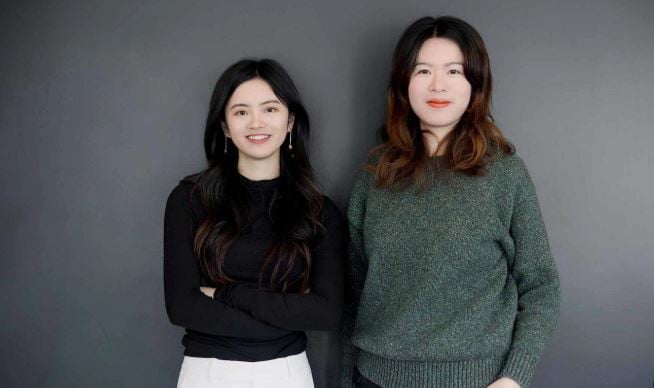
According to Fortune , the Pika app co-founded by Demi Guo has more than 14.5 million users. Recently, Pika launched the Predictive Video feature, allowing users to upload a selfie, enter a few suggestions like “make me a rock star” or “I’m giving a TED Talk”, and the system will automatically create a complete video - from script, music, setting, to lighting and effects. This technology helps users transform into AI-generated scenes - something that was previously only possible for professional filmmakers.
Guo says Pika is designed “specifically for Gen Z and Gen Alpha” – the generations that love short videos and see them as a way to express themselves. In contrast to the trend of “soulless AI content”, Guo asserts, Pika aims to help people express their true personalities and emotions.
While competitors like Sora (OpenAI) or Vibes (Meta) focus on cinematic videos or large-scale ecosystems, Pika chooses a different direction: Bringing AI closer to everyday creative life, where young people can tell their own stories - joyful, natural and emotional.
Source: https://vietnamnet.vn/danh-tinh-co-gai-26-tuoi-bo-hoc-tien-si-sang-lap-cong-ty-tram-trieu-usd-2454802.html




![[Photo] President Luong Cuong holds talks with South African President Matamela Cyril Ramaphosa](https://vphoto.vietnam.vn/thumb/1200x675/vietnam/resource/IMAGE/2025/10/23/1761221878741_ndo_br_1-8416-jpg.webp)
![[Photo] Prime Minister Pham Minh Chinh chairs meeting on railway projects](https://vphoto.vietnam.vn/thumb/1200x675/vietnam/resource/IMAGE/2025/10/23/1761206277171_dsc-9703-jpg.webp)


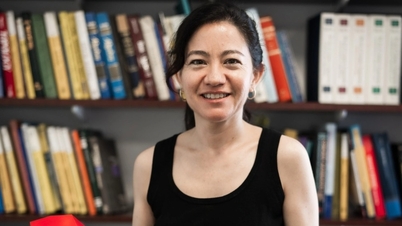

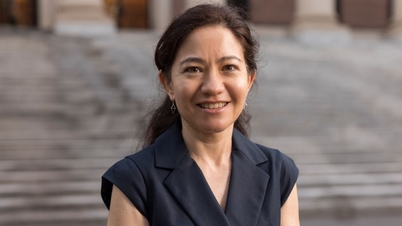
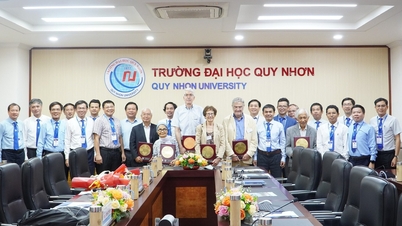





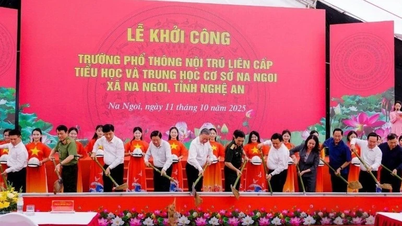

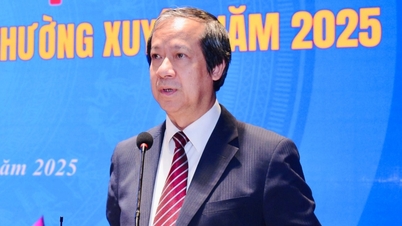
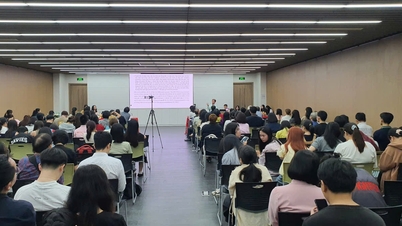

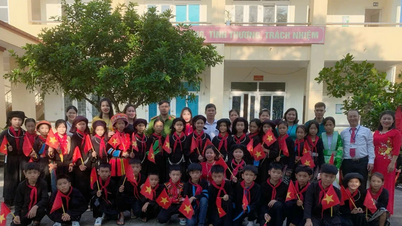







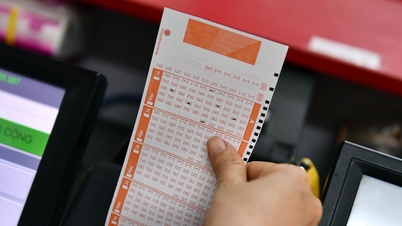
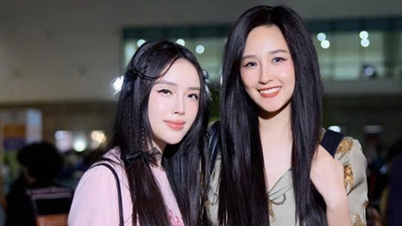

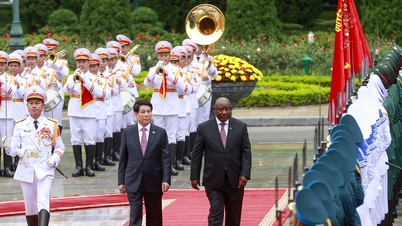











































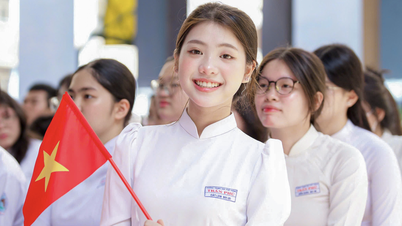




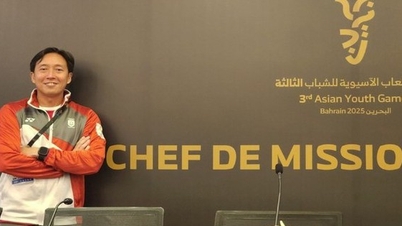
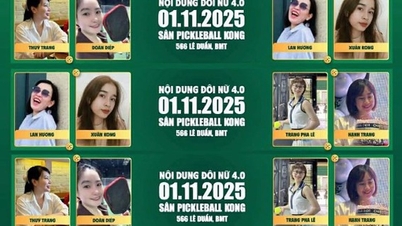
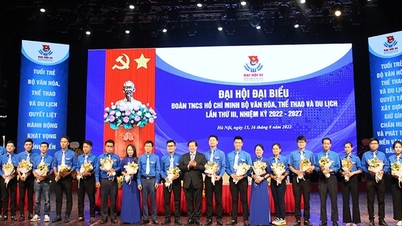
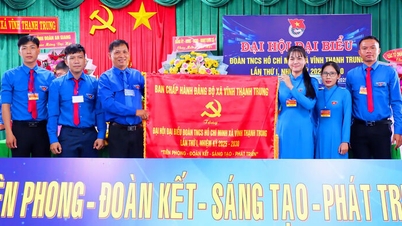



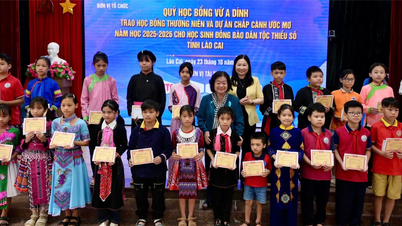
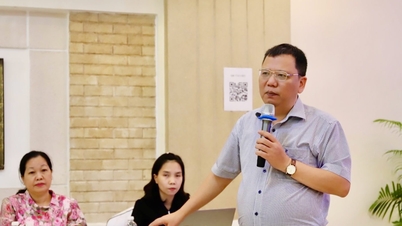
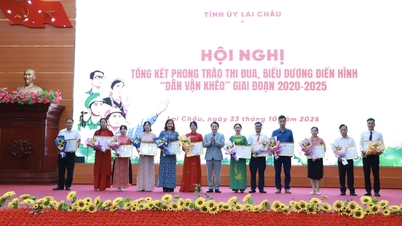
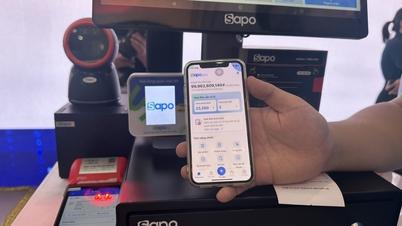
















Comment (0)